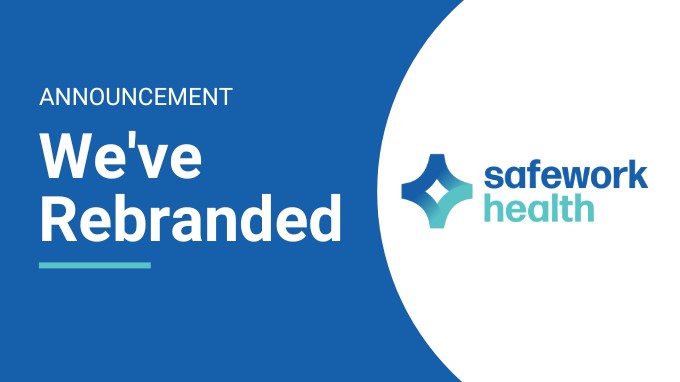Explore what a pre-employment medical is, what it involves, and why it’s important.
Read more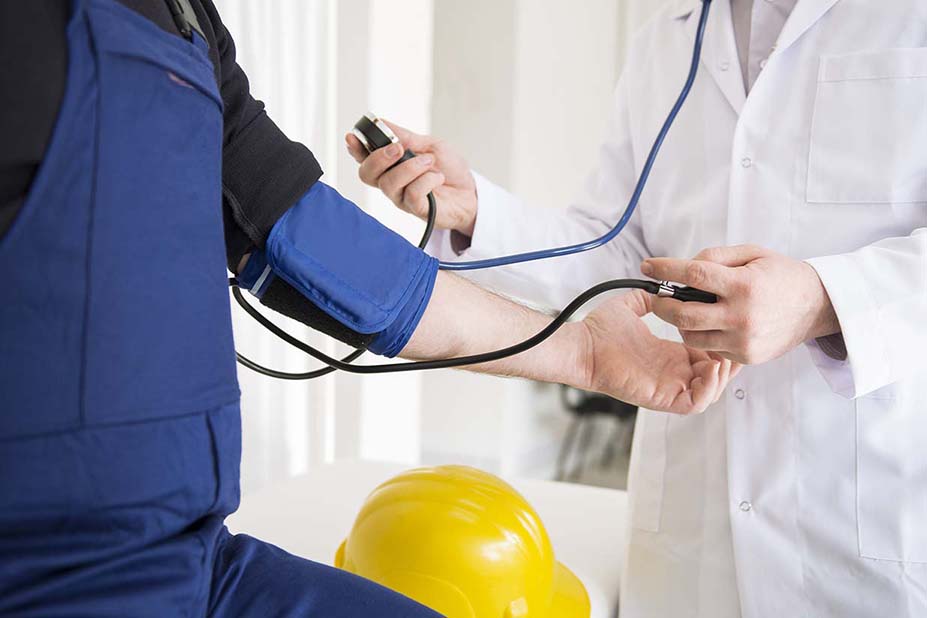
Pre-employment medicals are becoming increasingly common in Australia. These tests are used to assess the health and fitness of candidates before they are offered a job.
In this blog post, we’ll explore what a pre-employment medical test is, what it involves, and why it’s important for employers and employees.
What Are Pre-Employment Medical Tests?
A pre-employment medical (PEM) is a health assessment conducted on a job applicant before they are hired by a company.
The purpose of the examination is to determine if the applicant is physically and mentally fit to perform the duties of the job and to ensure their safety and the safety of others in the workplace.
What Does A Pre-Employment Medical Involve?
Medical assessments vary depending on the job and the industry. Common components include:
- Medical History: The applicant is required to provide detailed information about their medical history, including any past illnesses, surgeries, chronic conditions, allergies, and medications they are taking.
- Physical Examination: A comprehensive physical examination is often conducted by an occupational health professional. This may include measuring height, weight, blood pressure, checking vital signs, evaluating vision and hearing, and assessing general physical fitness.
- Drug and Alcohol Testing: Some employers may require drug and alcohol screening to ensure a safe and drug-free workplace. This can be done through a urine or saliva drug test, or a breath alcohol test.
- Vision and Hearing Tests: Jobs that require good vision and hearing may involve specific tests to evaluate visual acuity, colour vision, depth perception, and hearing capabilities.
How Long Do Pre-Employment Medical Results Take?
The duration for receiving pre-employment medical results can vary depending on several factors, including the type of tests conducted, the specific requirements of the employer, the efficiency of the medical facility conducting the tests, and the volume of tests being processed. Generally, results will be available within 24 hours.
Why Are Pre-Employment Medicals Important?
Occupational health checks are important for both employers and employees. For employers, they ensure that the candidate is fit for the job and does not pose a risk to themselves or others. This can help to reduce the risk of workplace accidents and injuries.
For employees, they help to identify any underlying health conditions that may require treatment or accommodation. This can help ensure that the employee can work safely and comfortably in their new role.
In addition, health assessments can promote a culture of health and safety in the workplace.
Book An Appointment
Safework Health is a trusted provider of pre-employment medicals. We have a network of occupational health clinics across Australia and are dedicated to delivering efficient timely medical assessments for a range of industries.
We provide fast results, flexible booking options and same-day appointments.
Contact us today for more information or to book an appointment.
Meet Kylie Kieseker and Sarah Cronin, two members of our national training team.
Read more
Safework Health’s training and education team has a wealth of skills, knowledge and experience in the drug and alcohol testing industry.
Here, we meet Kylie Kieseker and Sarah Cronin, two members of our national training team.

Kylie Kieseker – National Training Manager
With over 13 years of industry experience, as Safework Health’s National Training Manager, Kylie’s knowledge of the drug and alcohol testing industry is highly superior.
This knowledge is further exemplified through her training skills when designing, developing and facilitating various types of workplace drug and alcohol testing training courses – both accredited and non-accredited – that cover all industries across Australia and overseas.
Kylie specialises in Drug and Alcohol Management Programs. She regularly delivers training to entire workforces, with training delivered live online or in person.
In addition, Kylie is highly regarded for her frequent review and advice on clients’ drug and alcohol policies and procedures to ensure they are compliant with the current standards.
When Kylie isn’t working, she enjoys spending time with her adorable dog Coby.

Sarah Cronin – Trainer and Assessor
Sarah has proudly been with Safework Health for 3 years and is one of our dedicated Safework Health Trainer and Assessors.
Sarah delivers a range of drug and alcohol testing courses from our Accredited Course to General Awareness, Reasonable Suspicion and various other educational programs. She prefers delivering training in an actual classroom environment however, live online training has allowed Sarah to train students all over the county including isolated and regional locations.
Sarah is very passionate about her work and takes pride in ensuring that both she and her students achieve their goals and enjoy the training experience at the same time. Sarah embraces a challenge and continues to blossom within the company.
Sarah has two little ones at home that keep her on her toes during her ‘free time’.
Discover our courses
Safework Health is a national provider of workplace drug and alcohol courses and education programs.
Courses can be delivered live online or in person at your workplace.
Contact us today to discover more.
Our Port Hedland clinic has moved to a more convenient location..
Read more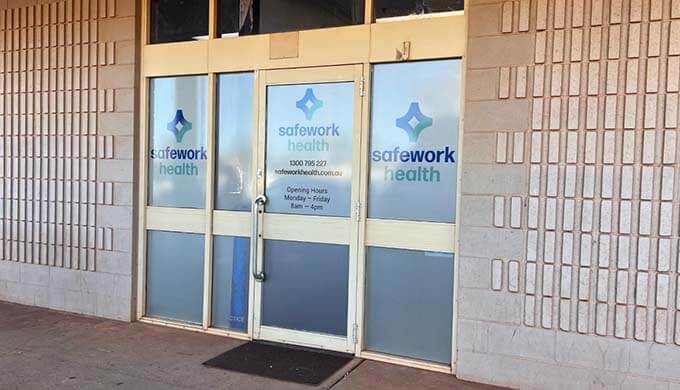
We’re excited to announce that we’re relocating our Port Hedland occupational health clinic to a more convenient location at 150 Anderson Street.
Safework Health is proud to have been operating in Port Hedland since 2012.
The new, larger premises will support our growing number of clients and staff in the Pilbara region.
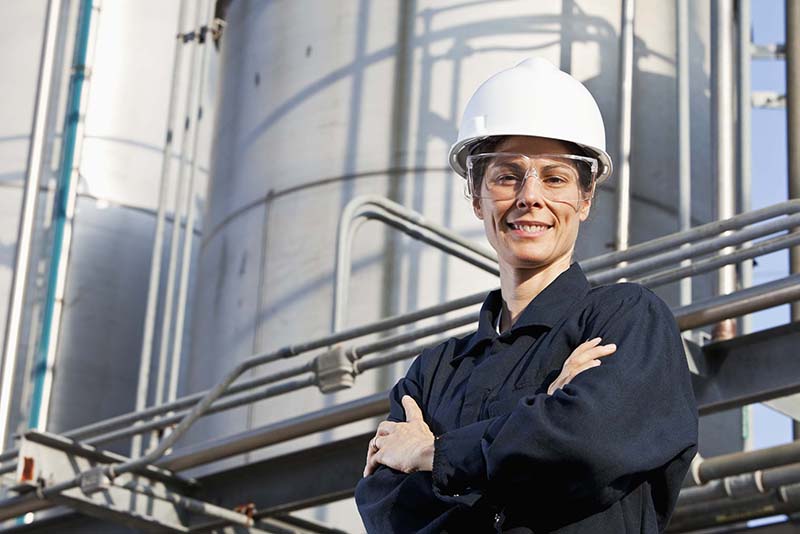
Expanded Occupational Health Services
The move also allows us to increase the range of services we offer to our clients, which includes:
- drug and alcohol testing (walk-in and on-site)
- pre-employment drug and alcohol testing
- pre employment medicals
- hair follicle drug testing
- laboratory testing
- drug and alcohol courses
- policy development
- health surveillance
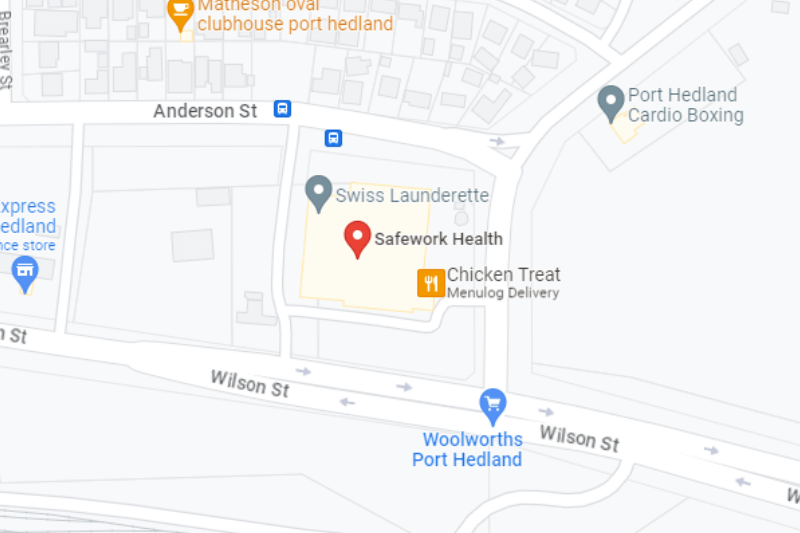
Visit Us
From 1 May 2023, we’ll be located at:
Port Hedland Boulevard
150 Anderson Street, Shop 5
Port Hedland WA 6721
Ample free parking is available at the shopping centre.
We look forward to welcoming you to our new Port Hedland home soon!
Enquire Now
To make a booking or for more information, please call us on 1300 795 227 or email us at [email protected]
We’ve acquired MSG Health, an Adelaide occupational health business.
Read more
We’re excited to announce that we have joined forces with MSG Health, a trusted occupational health business founded at Adelaide Airport in 2008.
The acquisition means we can deliver more value to our clients who will benefit from a wider range of services and locations.
From 1 May 2023, MSG Health will be known as Safework Health and the business will be located at Unit 6 / 2 Graham Street, Adelaide Airport.
About MSG Health
MSG Health brings to Safework Health over 15 years of experience providing occupational medicine services, pre-employment medical tests, drug and alcohol testing services, work injury management and employee risk assessments.
Currently servicing some of Australia and Adelaide’s largest recruitment agencies along with private mining and resource companies, the staff at MSG Health have an excellent understanding of how important the successful delivery of these services is to our clients.
The team recognise it is crucial for employers to have their potential and existing employees’ capacity and fitness assessed for their proposed job role or ongoing roles with their employer. This includes comprehensive feedback and a fast turnaround.
Visit Us
From 1 May 2023, we will be located at Unit 6 / 2 Graham Street, Adelaide Airport SA 5950.
Enquire Now
To book an appointment or for more information, please call us on 08 8355 9400 or email us at [email protected]
Meet Dr Hui Ting Ooi, one of our occupational physicians.
Read more
Meet Dr Hui Ting Ooi, a well-regarded and qualified Occupational Physician with extensive experience in fitness for duty and return to work assessments, workplace injury management and worksite visits.
After graduating from medicine at Monash University, Dr Ooi undertook Advanced Studies in Clinical Anatomy and Graduate Diploma in Occupational and Environmental Medicine before completing specialist occupational and environmental training to become a Fellow of the Australasian Faculty of Occupational and Environmental Medicine, RACP.
Before joining Safework Health in early 2023, Dr Ooi worked for Corporate Health Management determining employees’ fitness for duty regarding their deployments to emergency response and performing hazardous chemicals health surveillance programs.
Dr Ooi has also worked at Modern Medical providing clinical occupational medicine services to Fire Rescue Victoria as the Brigade Medical Officer. This included performing fitness for duty assessments, reviewing complex pre-employment medical assessments, and working with the Chief Medical Officer of Fire Rescue Victoria to promote the health and safety of firefighters.
Plus, Dr Ooi has worked with the Department of Health Victoria performing worksite visits and case management of workplace COVID-19 outbreaks, as well as being the Company Medical Officer at Toyota Motor Corporation.
Meet Our Growing Team
Find out more about Safework Health’s national team.
Pre employment medicals are now available at our Brisbane clinic.
Read more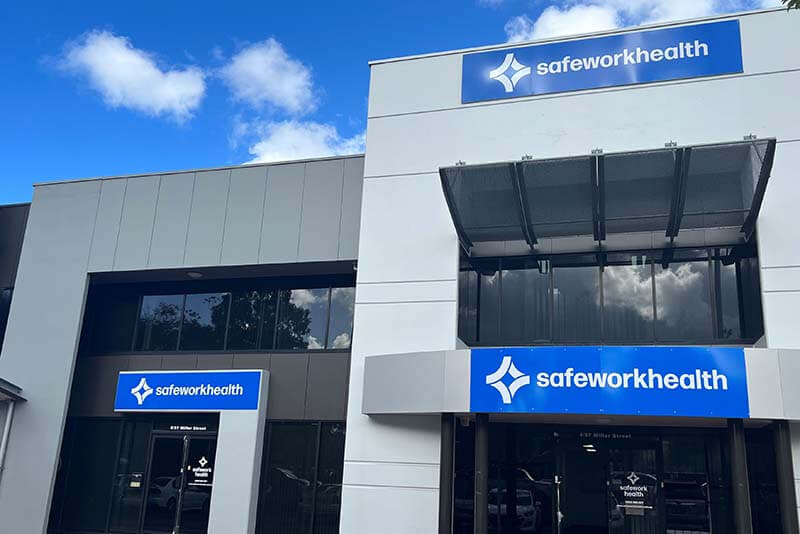
Safework Health is excited to announce that we are now providing Pre-Employment Medical and Queensland Coal Mine Workers’ Health Scheme (formerly Coal Board Medical) services at our Brisbane clinic.
The expansion of our occupational health services means we can service our clients across multiple Australian locations. In addition to Brisbane, we have clinics in Perth, Port Hedland, Darwin and Adelaide.

Our Services
We perform most types of medical assessments including:
- Coal Board Medical
- Rail Medical
- Cat 1 Medical
- Cat 2 Medical
- Cat 3 Medical
- OGUK Medical
- Drivers Medical
- Spirometry
- Audiometry (WorkCover)
- ECG
- Health Surveillance (Silica, Lead, Asbestos)
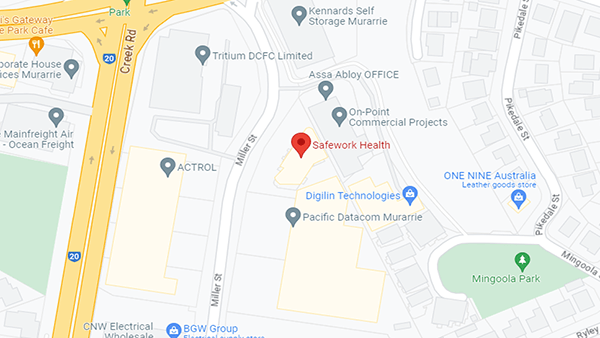
Address And Opening Hours
Our clinic is located at 4/57 Miller Street, Murarrie QLD 4172.
We are open Monday – Friday, 8.00am – 4.00pm.

Helping You Hire The Right Person Quickly
Safework Health’s pre-employment medicals will help you hire employees quickly so can fill vacant roles and maintain a safe working environment for all employees.
- Fast and accurate results – Enabling you to make informed decisions
- Flexible booking options – Phone, email and online booking (coming soon)
- Customised service – Assessment tailored to your business needs and budget
- Services performed in-house – We employ a national team of qualified and friendly doctors and nurses

Testimonials
Safework Health’s pre-employment medical services are incredible and the client/patient experience is like nothing else. Whenever we have an urgent need/request for our pre-employment requirements, Safework Health is always ready to accommodate and adjust accordingly.
Mobilisation Coordinator
Mining and resources labour-hire company
The whole team at Safework Health always go above and beyond to ensure our medical needs are always met. Their friendly staff have made the process of booking a pre-employment medical very easy, always offering flexible booking times and fast turnaround times for results.
Business Manager
Engineering consultancy/software company
Enquire Now
Contact us today for more information or to make a booking.
The use of fake urine is on the rise by drug cheats. We have responded to the rise through increased screening methods.
Read more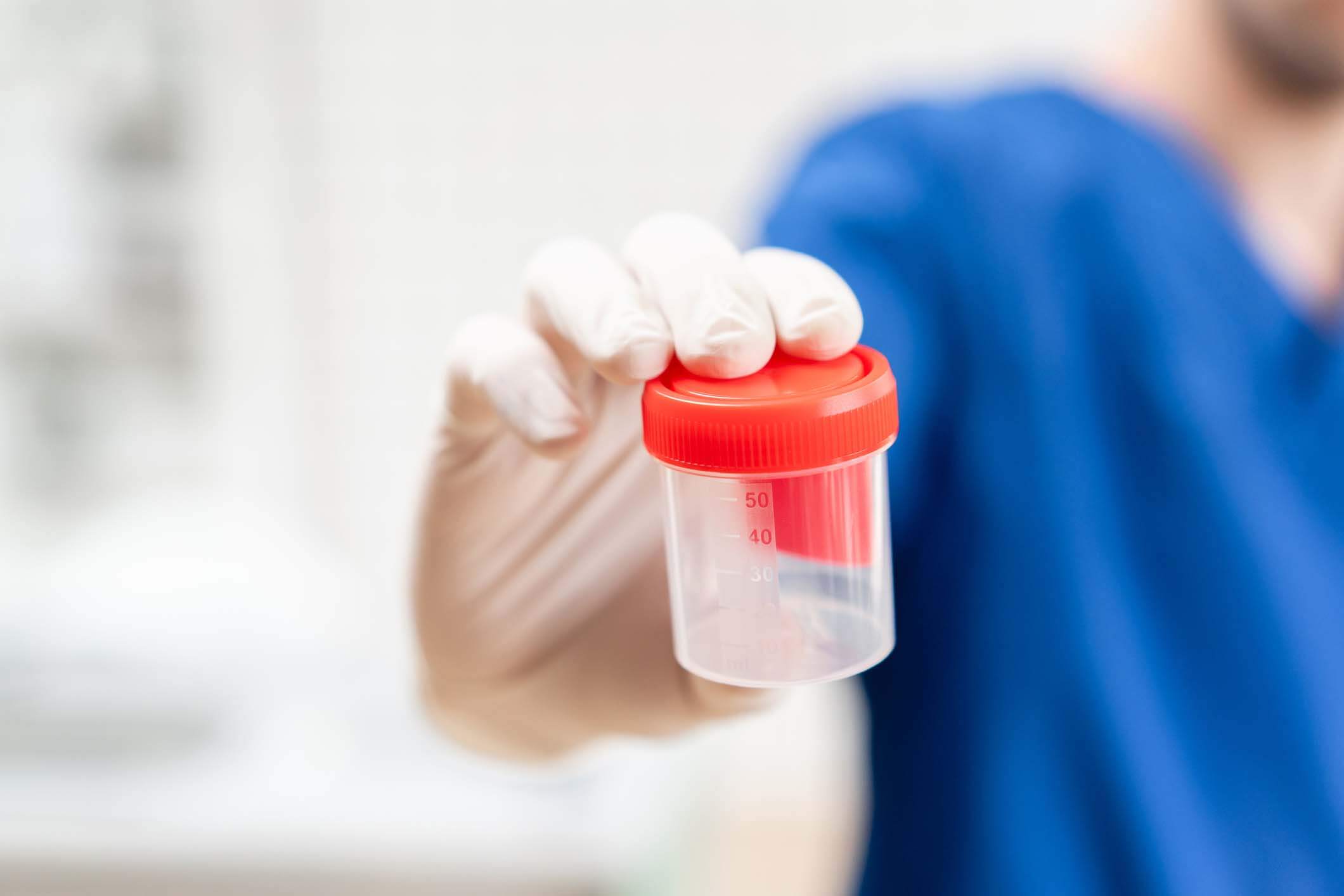
Synthetic urine, or “fake urine”, is designed to be like human urine, which is commonly used by drug users to cheat urinary drug tests. Synthetic urine can readily be purchased online.
Safework Health’s drug testing laboratories have seen a rise in synthetic urine being discovered in urine drug samples.
We have responded to the rise through increased screening methods. Read on to find out more.
How to test for synthetic urine
The integrity of the sample produced by an individual is of paramount importance to the drug testing laboratory. Traditionally only creatinine has been used as a marker for confirming the validity of a human urine sample, but for synthetic urine producers this is a cheap and easy addition to a solution as well as colour to “fool” instant devices and screening machines alike.
While creatinine usually works well, it can be affected by clinical conditions and situational factors not related to attempted adulteration. These include drinking tea and coffee (both of which are mild diuretics), loss of muscle mass, renal dysfunction, and pregnancy.
Due to the rise in demand for fake urine, Safework Health’s drug testing laboratories have added additional testing analytes to their screening immunoassay methods. The addition of Urea and Uric Acid and calcium has led to a significant increase in our detection of fake urine.
How to detect adulteration of urine
Individuals trying to pass a drug test may use urinary adulterants. These are substances that are added to urine after collection to interfere with drug tests. Examples include:
- Stealth (peroxidase and peroxide)
- Klear (nitrite)
- Clean ADD-IT-ive (glutaraldehyde)
- Urine Luck (pyridinium chlorochromate [PCC])
- Iodine. Iodine is a strong oxidizing agent which can oxidize the common marijuana metabolites, commonly termed “carboxy-THC”
- Pawpaw juice. Pawpaw contains the enzyme papain, which significantly reduces the concentration of the marijuana metabolite, carboxy-THC, when added to urine.
Fortunately, detection of these adulterants is relatively easy as Safework Health’s drug screening service also tests for oxidants and pH in urine which the majority of these adulterants rely on.
Learn More
Contact us today for information on how we can keep your workplace safe from synthetic urine.
Meet Mal Beacham, Founder and Managing Director of Safework Health.
Read more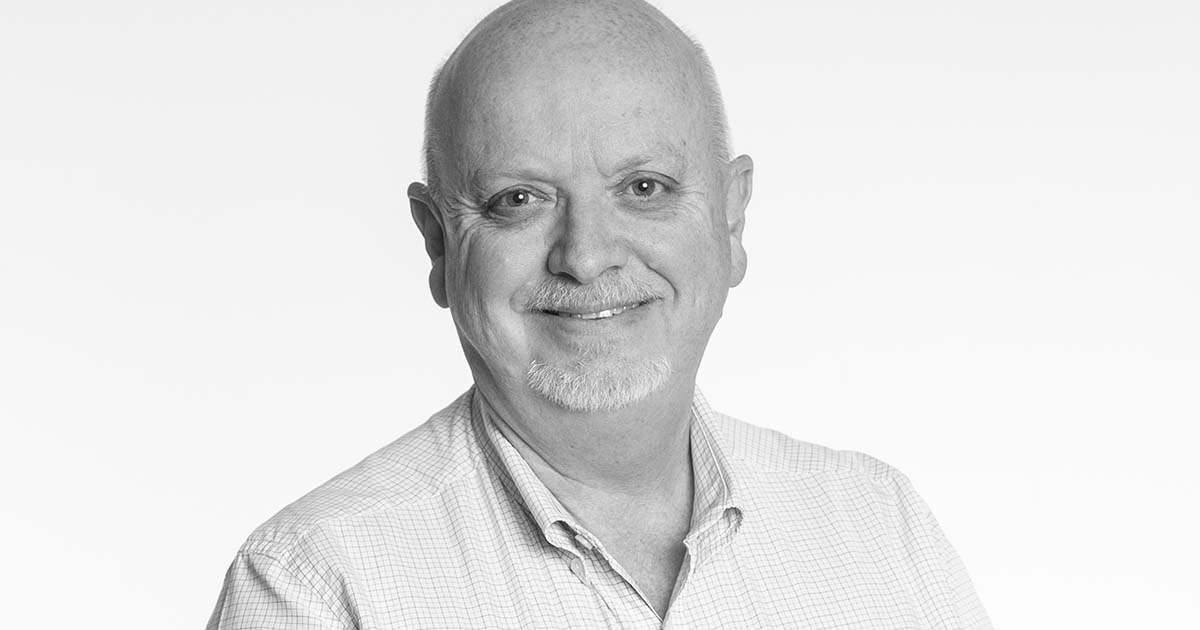
Meet Mal Beacham, Founder and Managing Director of Safework Health.
Mal was born and raised in a little place called Carbunup River in the south-west corner of WA. As the son of a wharfie and farmer there was great consternation when he decided to stay at school and complete year 12 and even greater concern when he announced he wanted to go to university. After completing his undergraduate degree, he worked in a variety of roles for pathology companies including a 6-year run as the NSW manager for Healthscope Pathology.
In early 2012 Mal, with the help and support of his wife Belinda Carlisle, set up Safework Health. The rationale was relatively simple, in that we believed that we could provide a more seamless and easier experience for our customers by being a laboratory that focussed exclusively on workplace drug and alcohol testing.
As the co-founder and Managing Director, Mal and Belinda commenced at a single location at Welshpool in WA with six staff. Since then, the company has grown to seven locations across Australia and more than 200 staff. Safework Health now works with some of Australia’s largest and most respected organisations and is an industry leader in the provision of occupational health services.
When time permits, Mal enjoys chasing a little white ball around and intermittently hitting a shot in the intended direction of the hole as well as spending as much time as he can with his two boys and Belinda.
Connect with Mal on LinkedIn.
Safework Laboratories is excited to announce that from 15 March 2023, we will be known as Safework Health.
Read more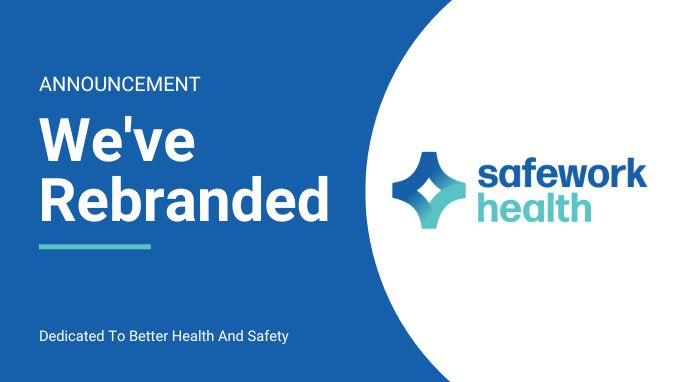
Safework Laboratories is excited to announce that from 15 March 2023, we will be known as Safework Health.
Safework Laboratories has over ten years of experience as a dedicated workplace drug and alcohol testing provider across Australia.
We offer our clients exceptional sales, operational, scientific, and technical support across our areas of expertise. As a vertically integrated provider, Safework Laboratories offers a seamless all-in-one drug and alcohol testing solution, which will continue under our Safework Health brand.
In the last 12 months, we have grown our portfolio from workplace drug and alcohol testing services to include pre-employment medical services. With sites in Darwin, Perth, and Adelaide, 2023 will see an expansion of pre-employment medical services nationally.
We will also introduce NATA-accredited biological health surveillance testing for metals and solvents this year, further assisting our clients to keep their workers safe from harm.
Our new trading name, Safework Health, more accurately reflects the range of health and safety services we now provide. Our legal company name and ABN have not changed; however, you will see our new name, website, and updated logo replacing the Safework Laboratories brand. Our excellent customer service and operational delivery will continue.
Our goal remains the same; Safework Health aims to provide quality health and safety workplace services, assisting our clients in maintaining a safe, healthy, and productive workforce.
When asked about the change and Safework Health’s future, Mal Beacham, Managing Director, commented, “Since our inception in 2012, Safework Laboratories has innovated, evolved and listened. Our clients’ ongoing support and the efforts of our staff remain our two greatest assets, and we will never take our clients’ support for granted. We will continue to listen and work with our clients in a collaborative partnership to provide exceptional occupational health services. Thank you for contributing to our journey since 2012, and best wishes for 2023.”

